Mozambique: President Chapo expected in Tanzania for three-day state visit
Mozambique’s parliamentary benches differ over 2018 budget

DW (File photo)
The Mozambican parliament approved the State Budget for 2018 on Tuesday as the financial expression of the economic and social plan for the coming year.
The Mozambican government forecasts economic growth of 5.3 percent and an inflation rate of 11.9 percent by 2018. It also expects to keep net international reserves at a sufficient level to cover six months, excluding large projects.
The total public expenditure for 2018 is estimated at 302.9 billion meticais, equivalent to around 4 billion Euros. The budget deficit will be 8 percent, to be financed with around 870 million Euros from external sources. According to Prime Minister Carlos Agostinho do Rosário, about 63 percent of total public spending will be allocated to priority sectors such as health, education, water and sanitation.
The economic and social plan and the state budget for 2018 have a restrictive character which is translated into rationalisation of public expenditure with a view to reinforcing the “increased revenue” component.
Also Read: Assembly passes first reading of 2018 budget
Cuts in the state apparatus
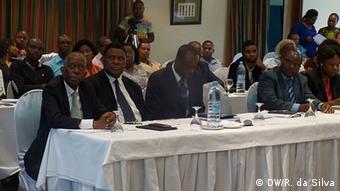
The Minister of Economy and Finance, Adriano Maleiane, said that various cuts in government expenditure were foreseen, including “limiting the hiring of new employees, where for each exit of two employees only one is to be hired; privilege the mobility of staff within the state apparatus; containment of goods and services, with particular focus on the rental of real estate, fuel and communications; and the rationalisation of acquisition of protocol and alienation vehicles”.
The prime minister also said that the rationalisation of public spending would save funds that would be reallocated to other priority sectors. He cited education as an example. “In education, we will hire 3,000 teachers additional to the 2,213 already predicted in the 2018 state budget proposal.”
As a result of measures to rationalise public spending and increase revenues, the Government also foresees a reduction in domestic credit, which the prime minister says “will translate into the release of resources for the private sector, since the state will make less use of the financial sector to cover its budgetary needs”.
It is expected, however, that some sectors will have a reduced budget compared to 2017, namely agriculture and rural development, down 21.5 percent, transport and communications (58.8 percent) and water and public works (56 percent).
Opposition considers reductions absurd
The opposition considered the reduction of funds allocated to agriculture absurd, considering that the sector is described in the constitution as the basis of development, and the parliamentary benches generally diverged in their assessment of the economic and social plan and the budget.
The ruling party, Frelimo, voted in favour of the 2018 budget because, according to Mr Abdul Gafar Issufo, it prioritises the social sectors and also provides for “improving sources of revenue collection and rationalisation of public expenditure. It will ensure fiscal sustainability, control and reduction of fiscal risks”.
Renamo, the largest opposition party, voted against, António Timba explaining why: “It is a budget of hunger and shame and completely ignores the unemployment situation and the low purchasing power of the majority of Mozambicans.”
Also Read: Renamo “misreads” the budget yet again – AIM
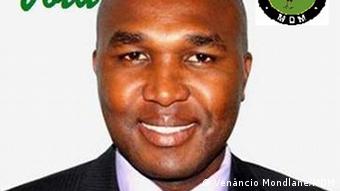
The Democratic Movement of Mozambique (MDM) also voted against. Deputy Venancio Mondlane said the document had incongruities, for example maintaining that the economy would grow 5.3 percent. “The Governor of the Bank of Mozambique has already said that the situation in 2018 would be very difficult, with very high inflation risks and also with no prospect of how to compensate for the foreign aid deficit already announced by the IMF.”
The opposition once again demanded that the culprits be held accountable for the hidden debts they consider to be at the root of the current crisis.


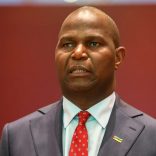


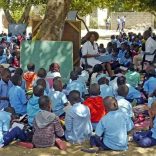

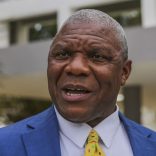





Leave a Reply
Be the First to Comment!
You must be logged in to post a comment.
You must be logged in to post a comment.